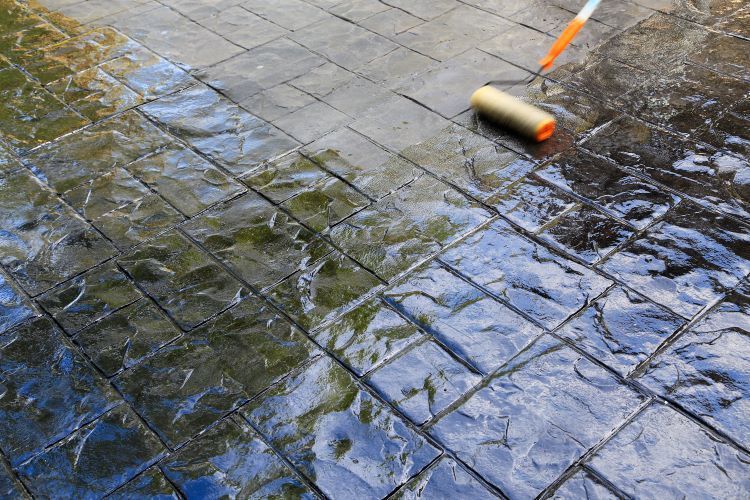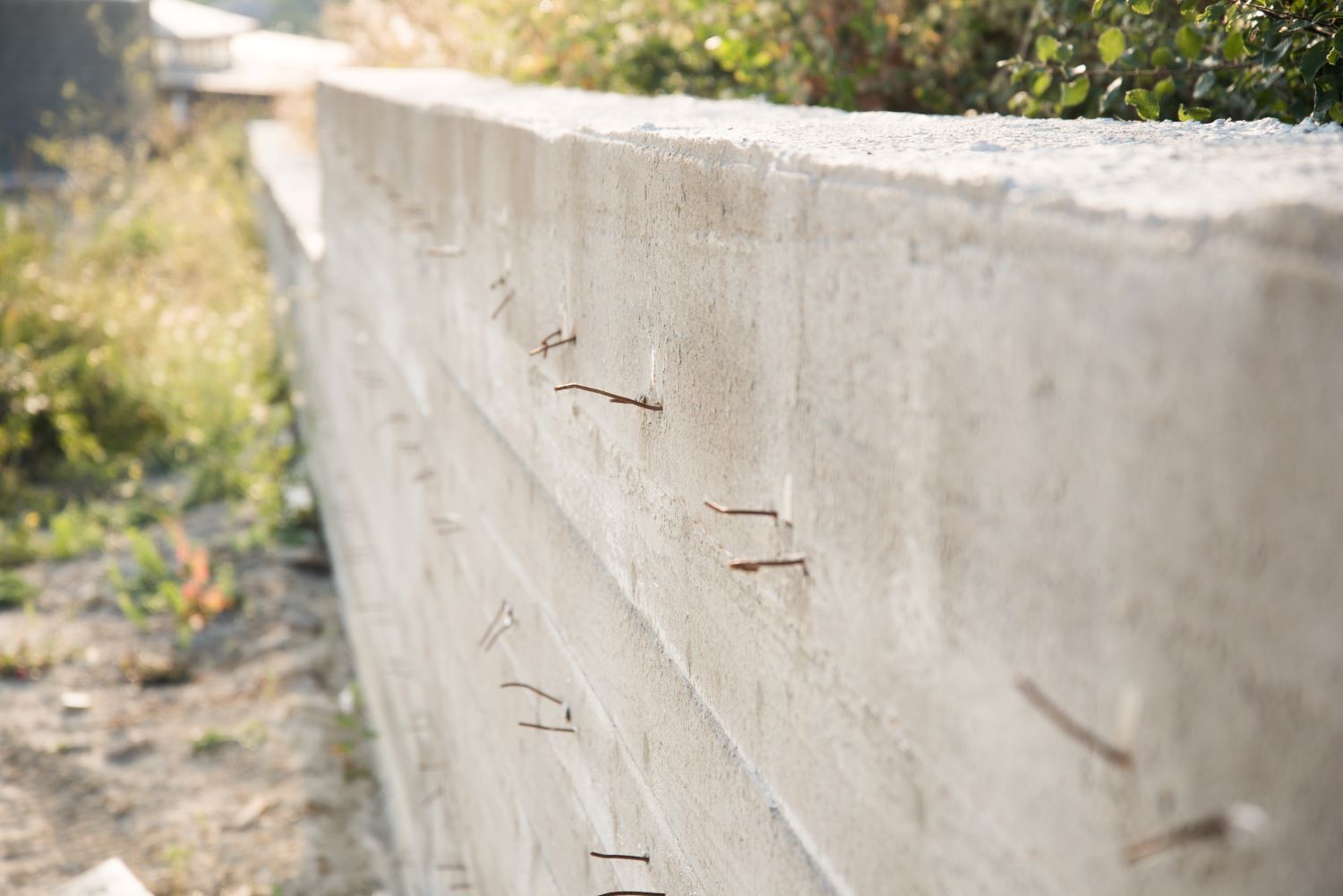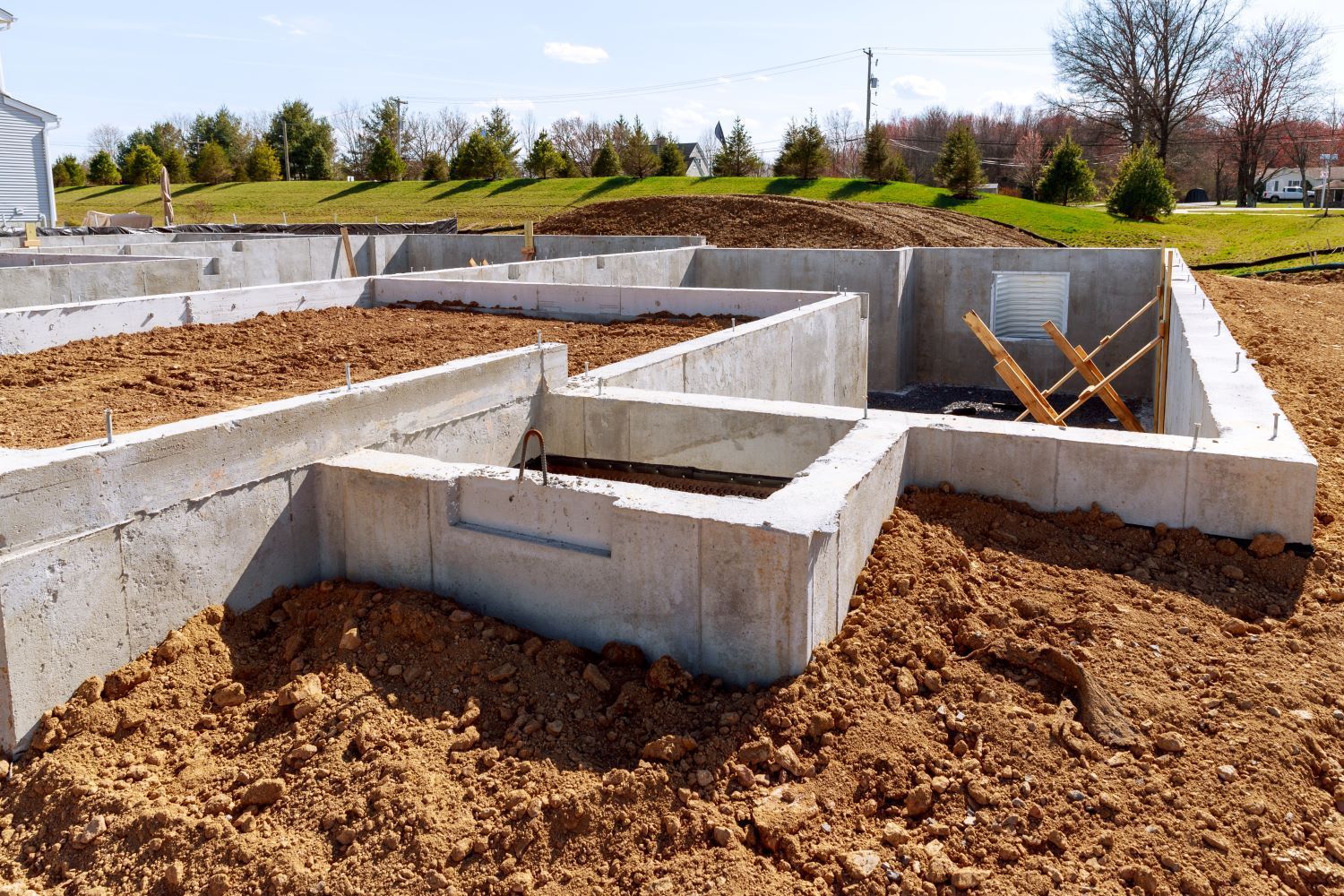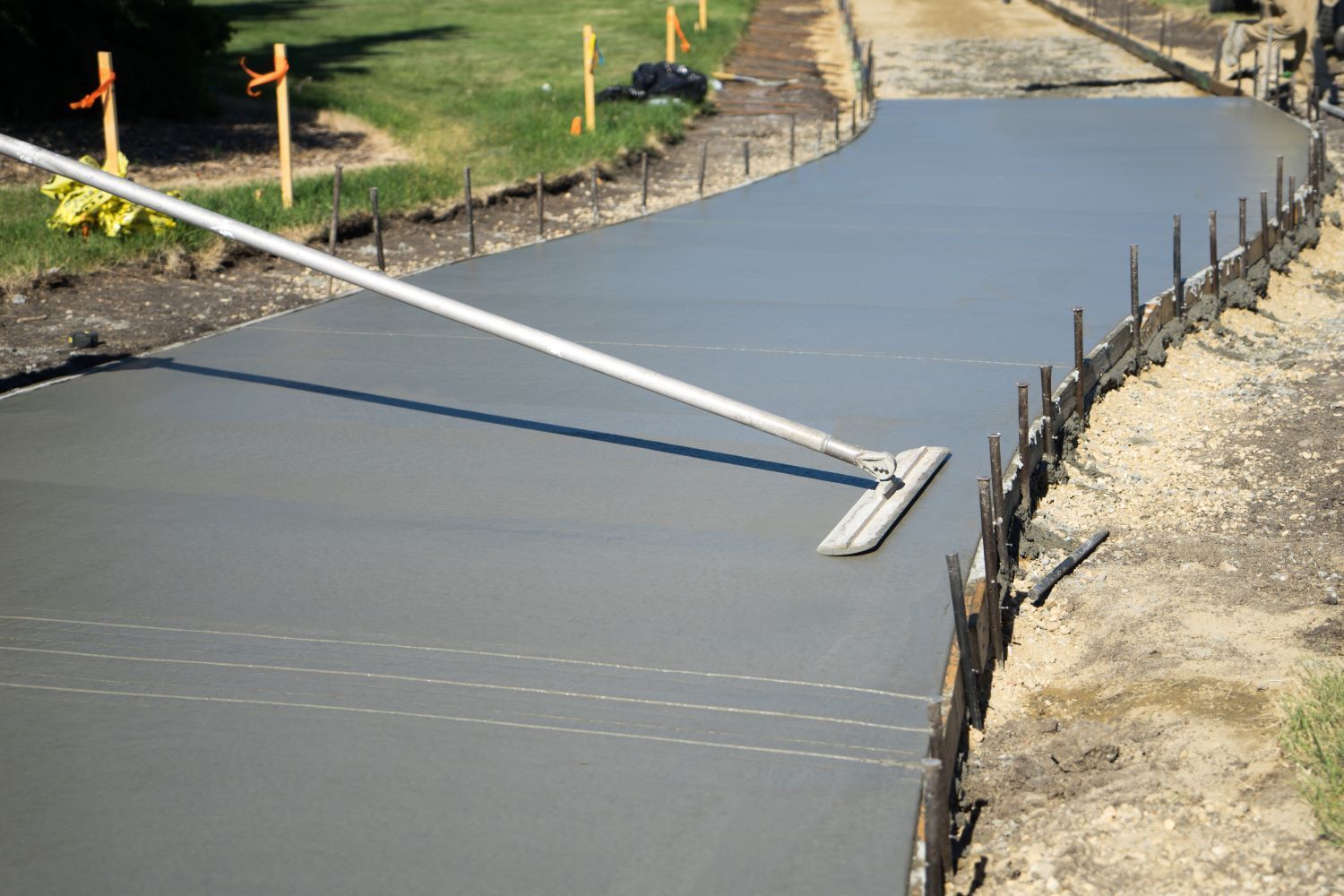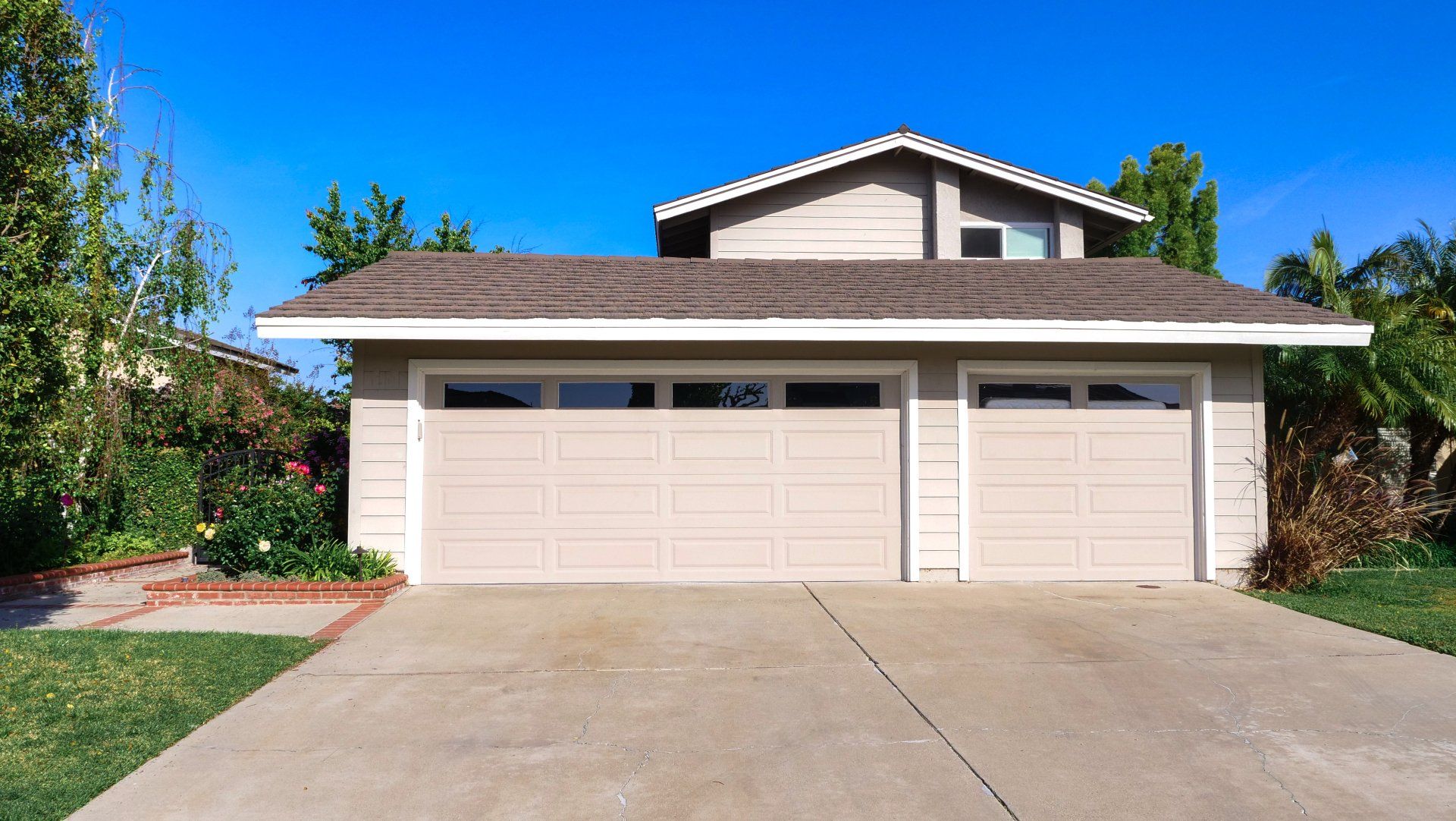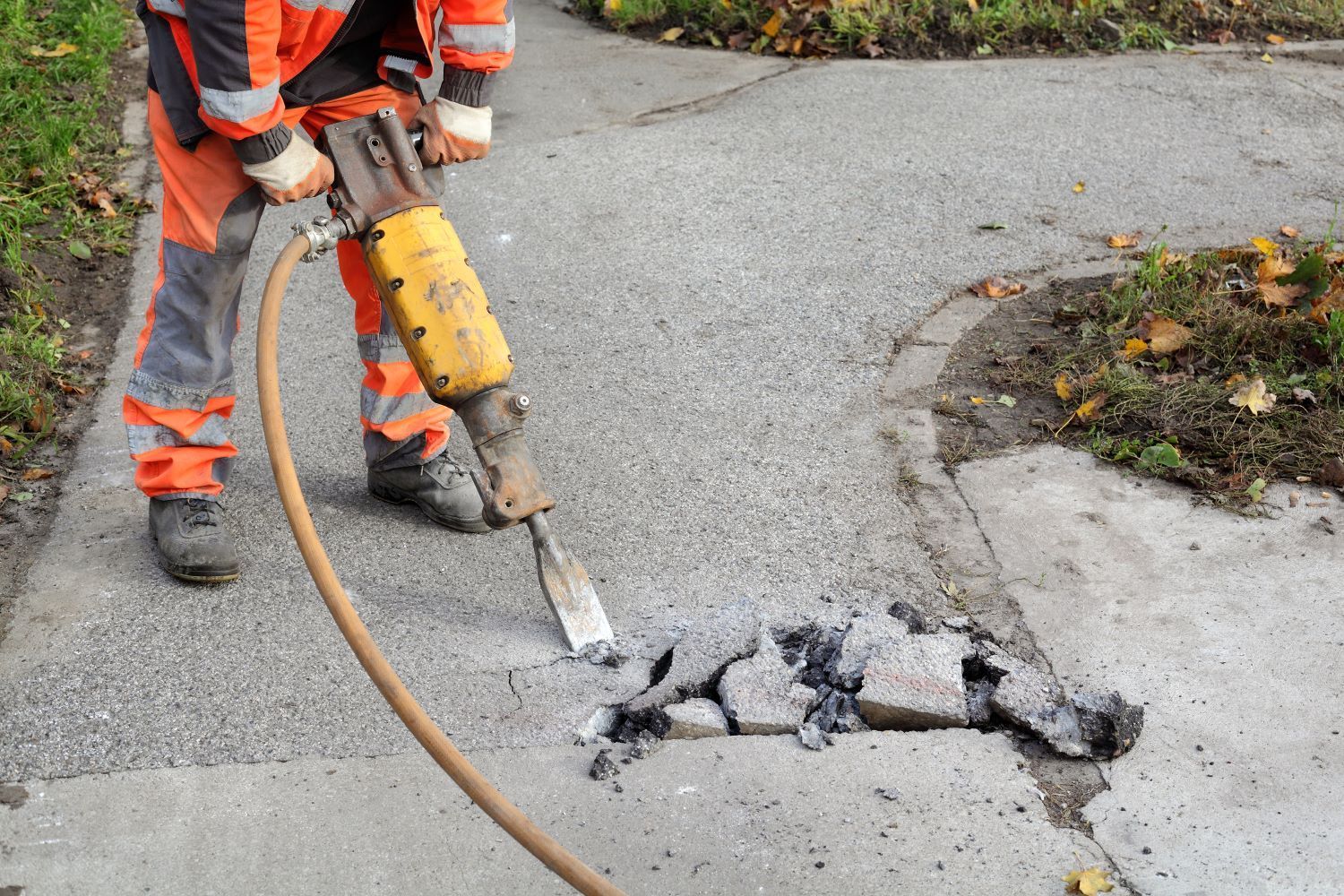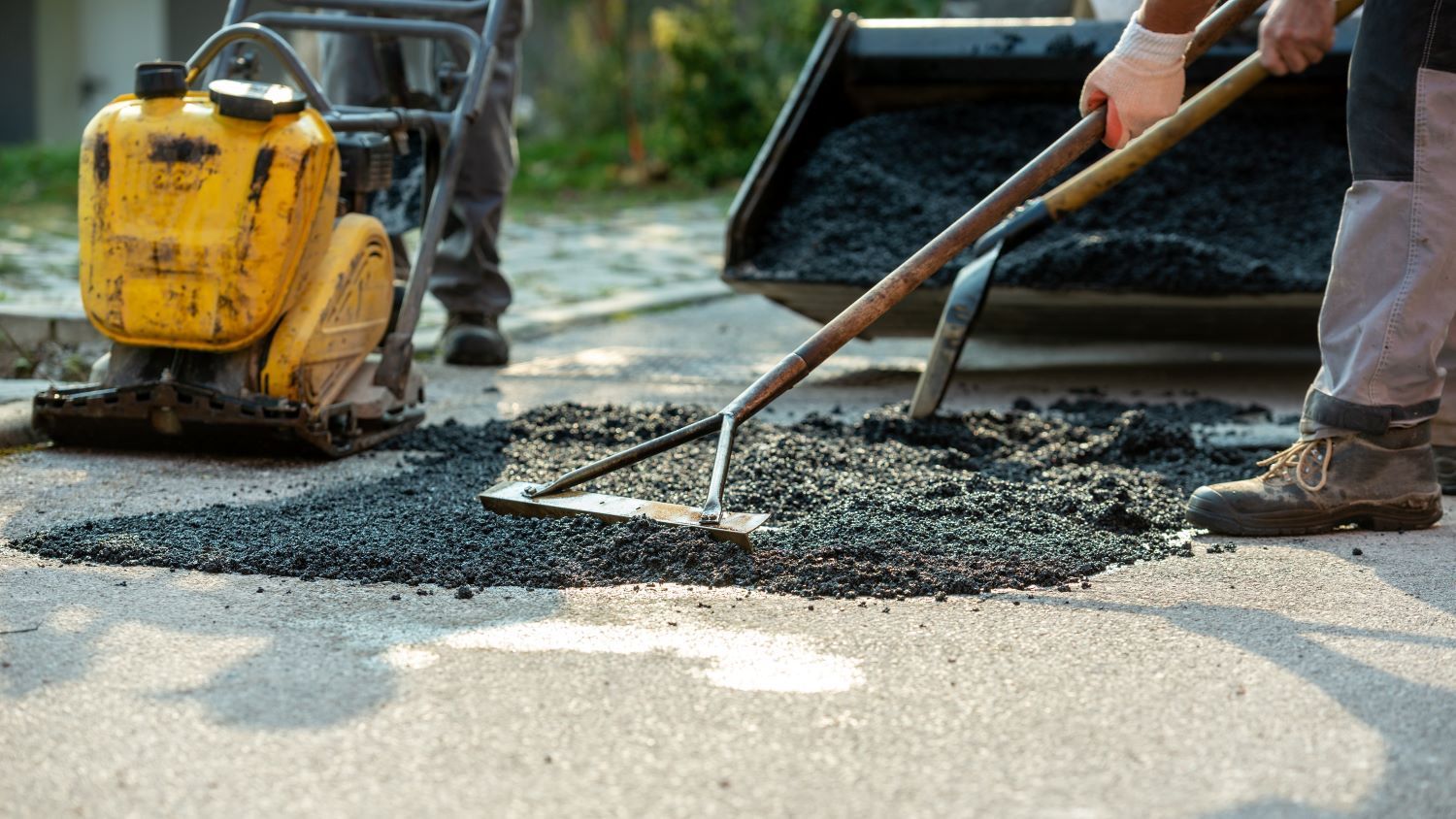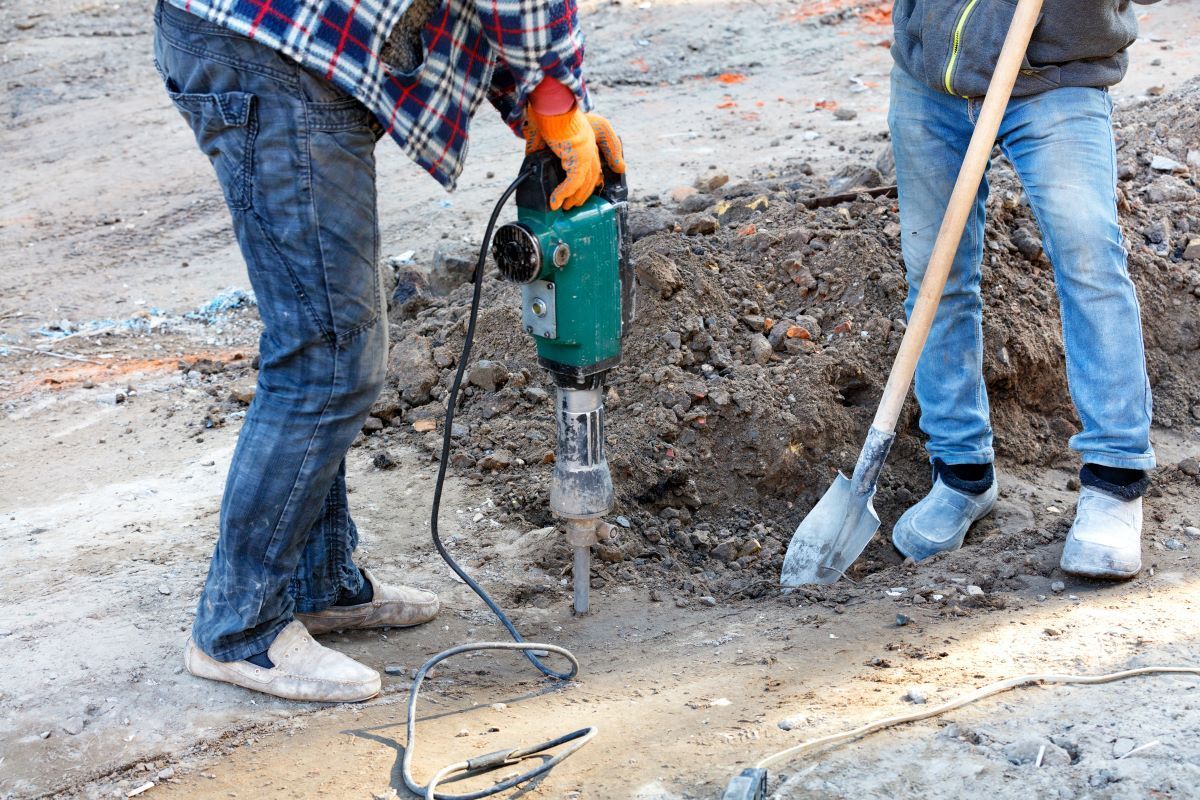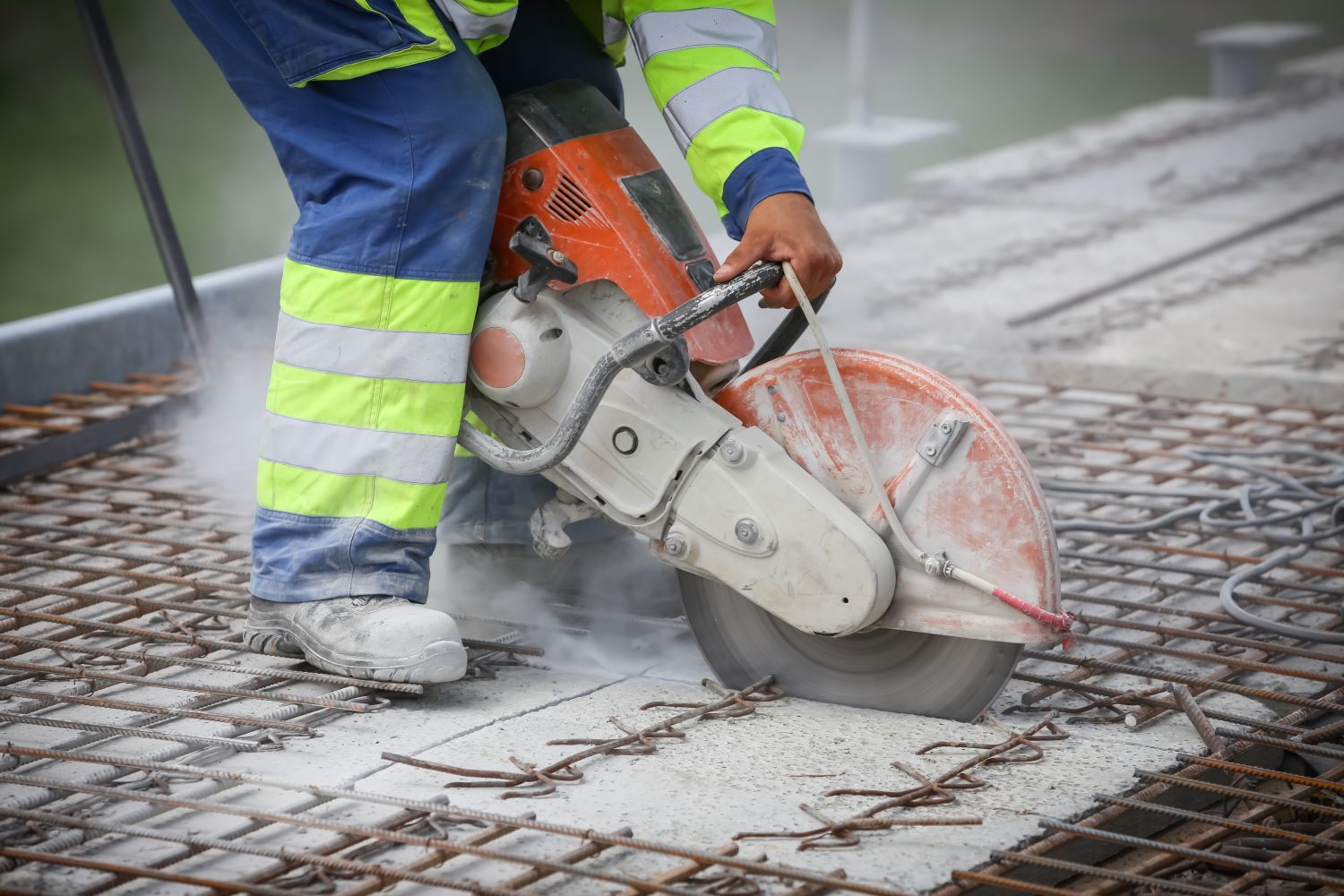How to Tell If Your Concrete Needs Resealing
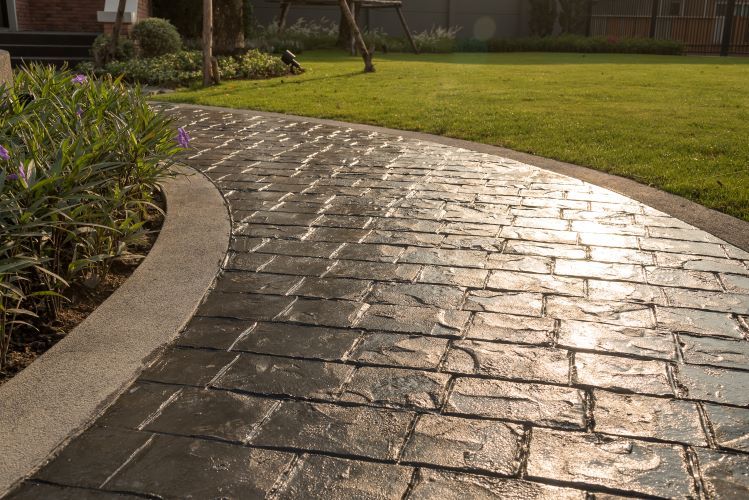
Concrete surfaces like driveways, patios, and walkways are built to last—but they’re not completely maintenance-free. One of the most important steps in preserving concrete is sealing, which protects against moisture, stains, cracking, and surface wear. Over time, however, even the best sealers break down, especially in places like St. John’s, Newfoundland, where freeze-thaw cycles, heavy rain, and salt exposure can take their toll.
So how do you know when it’s time to reseal your concrete? At Concrete Contractor St. Johns, we’ve put together this quick guide to help you spot the signs before damage sets in.
🔍 1. Water No Longer Beads on the Surface
The easiest test? Pour a small amount of water on your concrete surface. If the water beads up, your sealer is still doing its job. If it absorbs quickly, your concrete is likely unprotected and should be resealed soon. Unsealed concrete allows water to seep in, which can lead to cracks and surface erosion—especially during Newfoundland’s long winters.
🎨 2. The Surface Looks Dull or Faded
A fresh seal gives concrete a clean, slightly glossy finish (unless a matte product was used). If your once-bright stamped patio or sleek driveway now looks dull, chalky, or faded, it’s probably due to UV exposure and surface wear—and a clear sign it’s time to reseal.
🧱 3. You Notice Cracking or Flaking
While sealers won’t stop deep structural cracks, they help prevent surface cracking, flaking, and spalling caused by moisture penetration and freeze-thaw damage. If you’re starting to see surface degradation—especially around corners or expansion joints—don’t wait. Resealing now can help slow further damage and avoid costly repairs later.
🛑 4. Stains Are Becoming Harder to Remove
If your concrete used to resist oil, grease, or rust stains but now absorbs them like a sponge, the sealer has likely worn off. Once unprotected, concrete can stain easily—especially from vehicles, salt, or fallen leaves. A fresh coat of sealer creates a barrier that makes cleaning easier and protects against long-term discoloration.
🗓️ 5. It’s Been 2–3 Years Since Your Last Sealing
Even if your concrete still looks okay, most sealers begin to lose effectiveness after 2 to 3 years, depending on the product used, foot or vehicle traffic, and exposure to the elements. In Newfoundland’s climate, more frequent resealing may be necessary to combat winter weather and salt damage.
🛠️ Resealing: A Simple Step with Big Benefits
Routine resealing not only protects your concrete but also:
- Enhances its appearance
- Reduces long-term maintenance
- Helps prevent costly repairs
- Extends the life of your driveway, patio, or walkway
🧰 Leave It to the Pros at Concrete Contractor St. Johns
While DIY sealing kits are available, improper application can lead to poor results—or even trap moisture beneath the surface. At Concrete Contractor St. Johns, we use high-quality sealers and proven techniques to ensure your concrete looks great and stays protected in our harsh local climate.
Whether your surface is dull, cracked, or just due for a refresh, we’ll assess its condition and recommend the right sealing solution.
📞 Contact us today to schedule a concrete assessment or get a quote for resealing services in St. John’s, Newfoundland.
